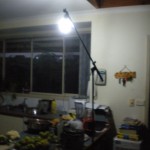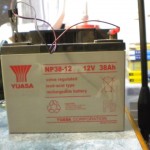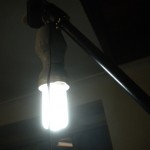As you know, I’m currently in Timor Leste delivering some Solar PV training as part of a Mercy Corps’ program for expanding Solar PV installation and maintenance businesses into remote communities.
You can find out more about Mercy Corps here www.mercycorps.org and here www.mercycorpsnw.org
It’s one of a number of great Solar PV programs, including the volunteer work through the ATA (Alternative Technology Association) that are helping to provide lighting and power to remote communities.
But energy is more than just solar and many groups including Mercy Corp are also looking at cooking alternatives to the classic and inefficient three stone fire and the problems associated with using wood as a cooking fuel.
The key problems with this style of cooking are that it is
- very inefficient and that means more firewood has to be collected or purchased and
- produces a large amount of smoke and pollution that caused all sorts of health problems mainly to women and children
I have had an interest in this area for a while and I have built a few solar cookers and even given classes on building them. But I had never seen some of the efficient cookstoves up close and personal. So I was very excited to see some examples of the “Rocket” stoves and the moulds for making them at the Mercy Corps office.
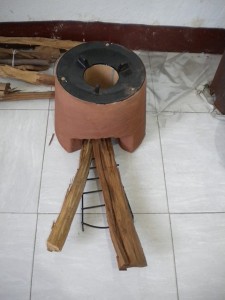
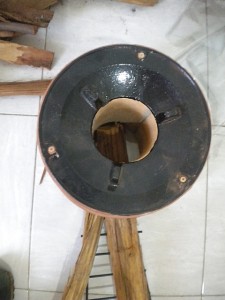
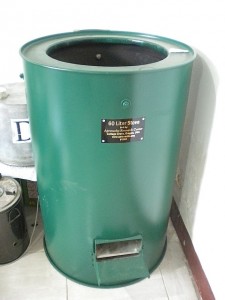
They are a clever design that concentrates the fire in a constrained space with a high flue. The pot sits on top of the flue. This design encourages the cook to use smaller pieces of wood while the flue generates a strong updraft that increases airflow. This makes the wood burn very hot with no smoke and all the heat goes up towards the pot. That helps eliminate both key problems.
I’m hoping to see them in action and maybe have a play
(I mean field test 😉 ).
While we’re talking about energy and self reliance in Timor Leste, this article is also a very interesting read. http://www.futurity.org/earth-environment/australia-owes-east-timor-climate-aid-says-study/
As it says in the article
“The legacy of several hundred years of outside occupation has led to a situation where Timor is grossly underdeveloped through no fault of its own,” finds a report by Jeremy Moss from the University of Melbourne’s Nossal Institute of Global Health”…“Timor Leste should not have to bear the cost associated with global mitigation efforts,”
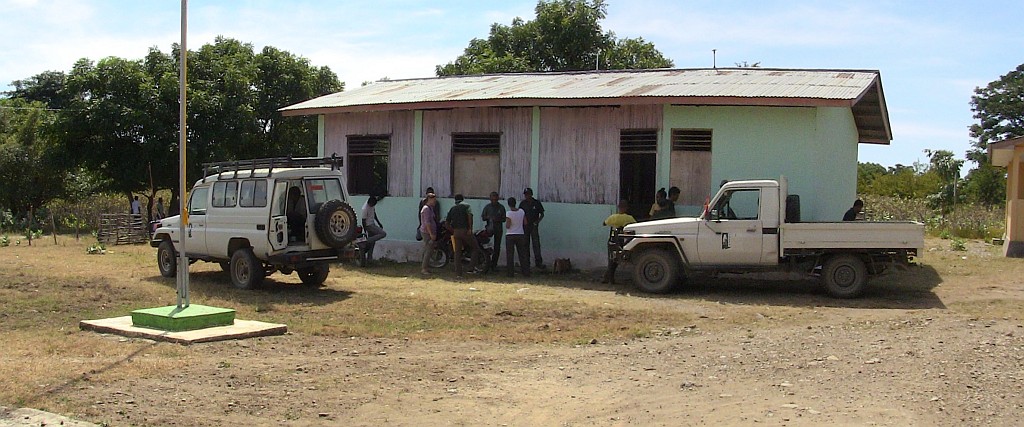
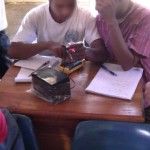
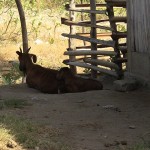
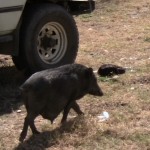
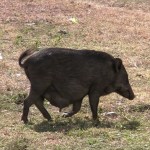
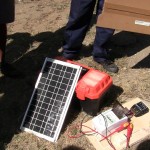
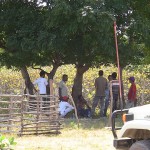
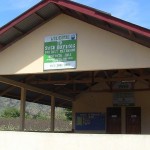
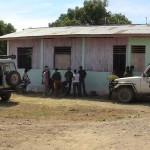
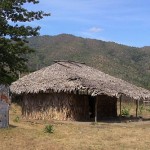



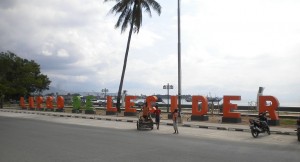
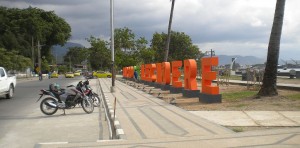
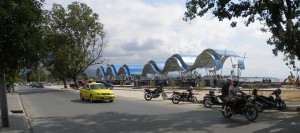
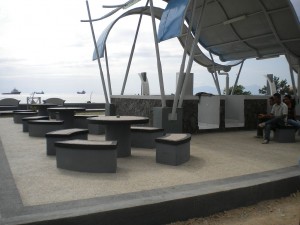
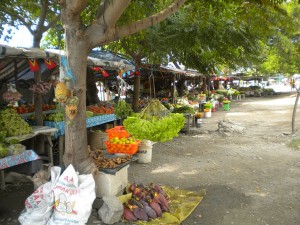
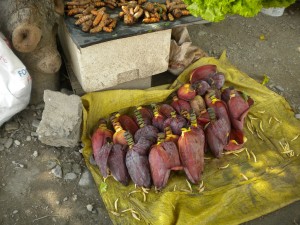

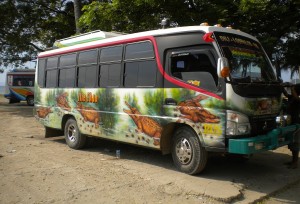
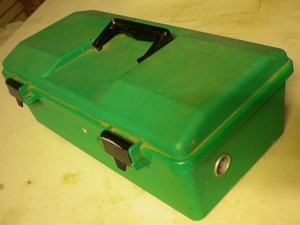

 The portable energy pack consists of a deep cycle battery, lighter socket and 300W inverter all mounted in a small toolbox. I built it a while ago and it is a handy little unit. It is designed to portable and recharged via solar or charger and is a great little unit for camping and travelling.
The portable energy pack consists of a deep cycle battery, lighter socket and 300W inverter all mounted in a small toolbox. I built it a while ago and it is a handy little unit. It is designed to portable and recharged via solar or charger and is a great little unit for camping and travelling.